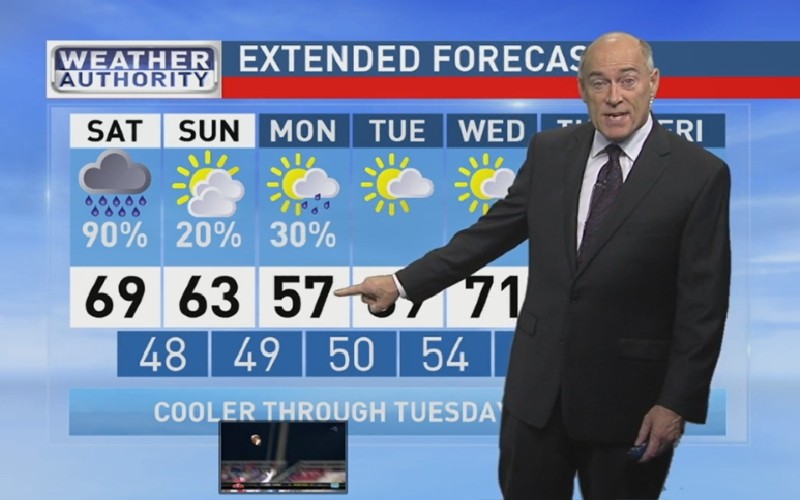One feature of TikTok is its challenges. The app allows users to call on other users to come up with or copy a specific task.
Some challenges may go nowhere, but some take off and become viral trends.
TikTok faces a potential ban in the U.S. as well but over what U.S. Justice Department says is a “national security threat of immense depth and scale” because of platform’s links to the Chinese government.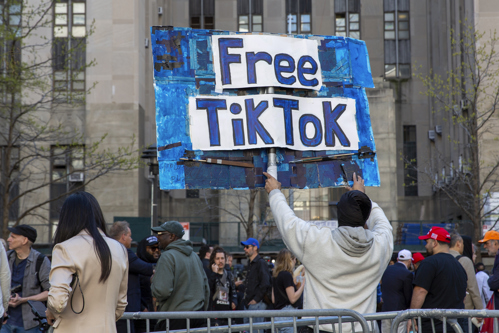
Last April Congress passed a bill giving TikTok’s parent company, ByteDance, nine months to find a U.S.-approved buyer or see the platform banned.
The deadline is Jan. 19, one day before Donald Trump’s inauguration. Trump has sked the Supreme Court to delay a decision so that he can seek a resolution.
Deaths in Venezuela
The Venezuelan Supreme Court fined TikTok for "not implementing measures" to keep viral video challenges from happening that reportedly led to the deaths of three kids in the country.
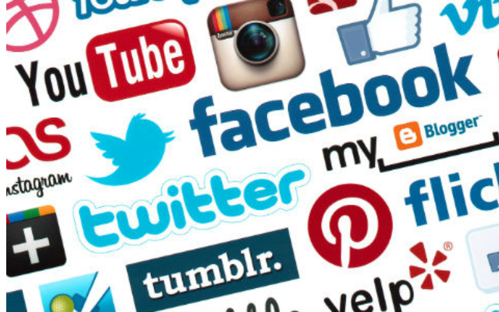 According to the AP, one of the deceased children the court referenced is said to have died after a challenge involving taking tranquilizer pills and not falling asleep.
According to the AP, one of the deceased children the court referenced is said to have died after a challenge involving taking tranquilizer pills and not falling asleep.
The court had given TikTok 8 days, starting on December 30, to pay the fine.
Another stipulation was for TikTok to open an office in Venezuela that would monitor content to make sure it abides by local laws. TikTok did not pay the fine or open an office there. Now, the app is blocked in the country.
This isn't the first time a web service has been restricted in Venezuela. Many websites and apps were also reportedly blocked after the country's most recent presidential election when the nation's leader Nicholas Maduro dealt directly with public outcry and unrest.
Laura Derrendinger is an Ambassador for SceenStrong. She tells AFN that social media, whatever platform it may be, is bad for children. 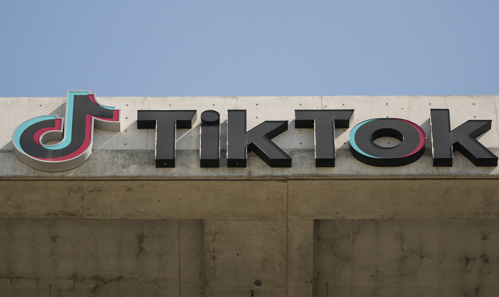 “The research supports this, all of these social media tech products, this entire category, these are defined as health-harming products, and we need to start talking about them in that term. These are not tools for kids to use. These are products that harm the health of an entire population of children."
“The research supports this, all of these social media tech products, this entire category, these are defined as health-harming products, and we need to start talking about them in that term. These are not tools for kids to use. These are products that harm the health of an entire population of children."
More TikTok challenges that have proven to be deadly include, to name a few, the skull breaker challenge. In it, three people stand side by side. The unsuspecting middle one is told they are taking a jumping photo and told to jump. The two others then kick the jumper's legs out as soon as they leave the ground, causing a backwards fall.
The choking challenge
Another challenge that's proven itself deadly is the blackout challenge where TikTok users choke themselves or make themselves hyperventilate until they lose consciousness then record the adrenaline rush when they snap back awake.
“So, TikTok absolutely, as well as all of the rest of them, are doing things that make it dangerous for kids to interact with them because the children's brains are not developed enough to be able to navigate using these products. So, if a product is harming children and there's a lawsuit that holds them accountable, that's appropriate."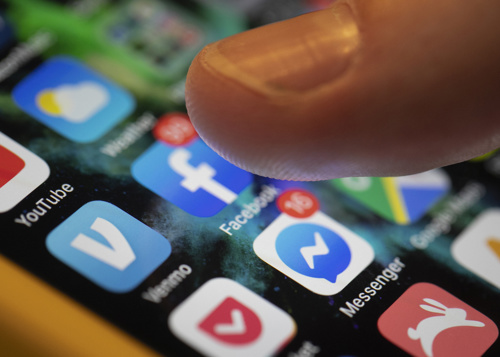 Derrendinger said with her own family, none of her four kids use social media.
Derrendinger said with her own family, none of her four kids use social media.
“My kids are 15, 13, 11, and 9. We don't use the products. We have in-person gatherings with our friends. They take up a phone, and they have a phone call to arrange their play dates or meetups or even my oldest, who's fifteen, who has different jobs around town, he's able to arrange those and then he goes and he meets up with whoever needs help with yard work or mowing lawns, etcetera."
The message to understand is that social media isn’t safe to use, Derrendinger said.
Schools could be more helpful
Schools could be more responsible by eliminating social media use with their students, she said.
"Because when a school asks the field hockey team or the basketball team to use the social media product to communicate, unfortunately that's bringing children in to use a product that's just not safe. The schools need to take responsibility to stop sort of inviting or encouraging that use."



